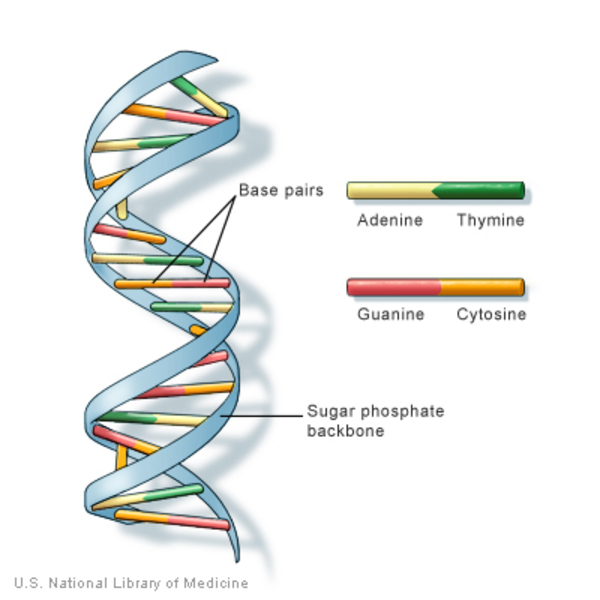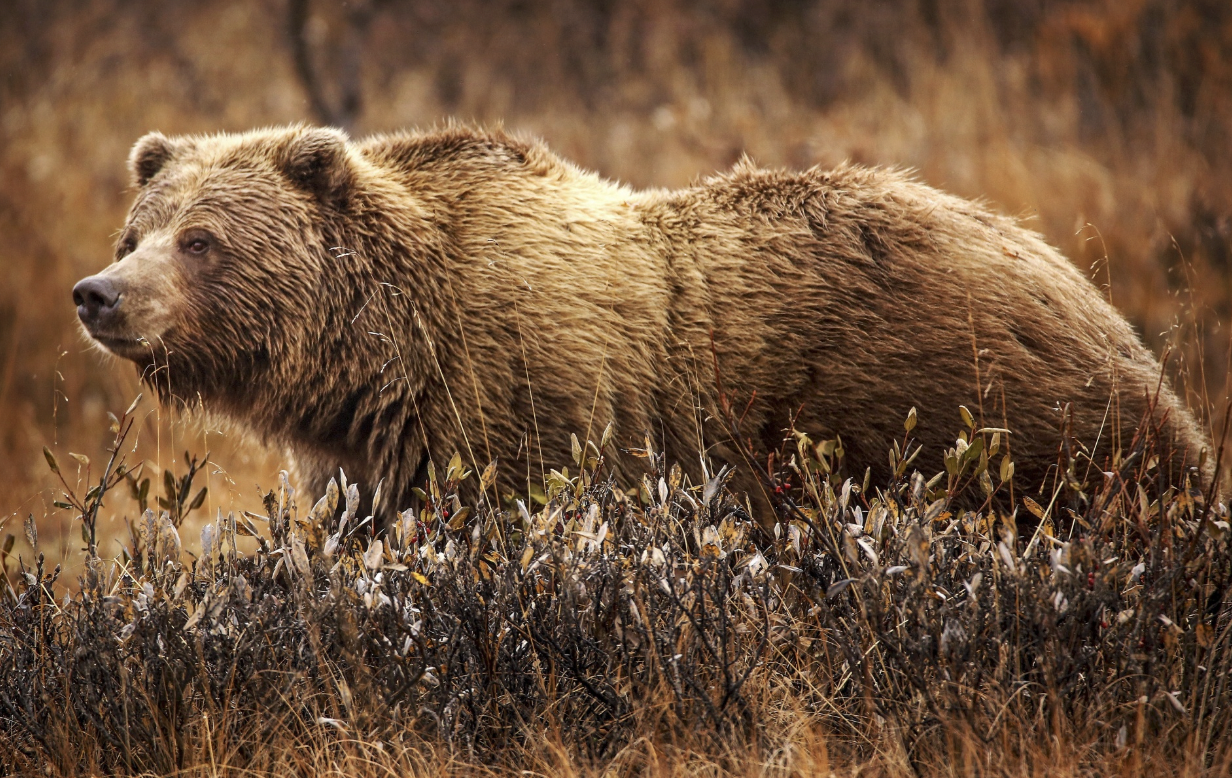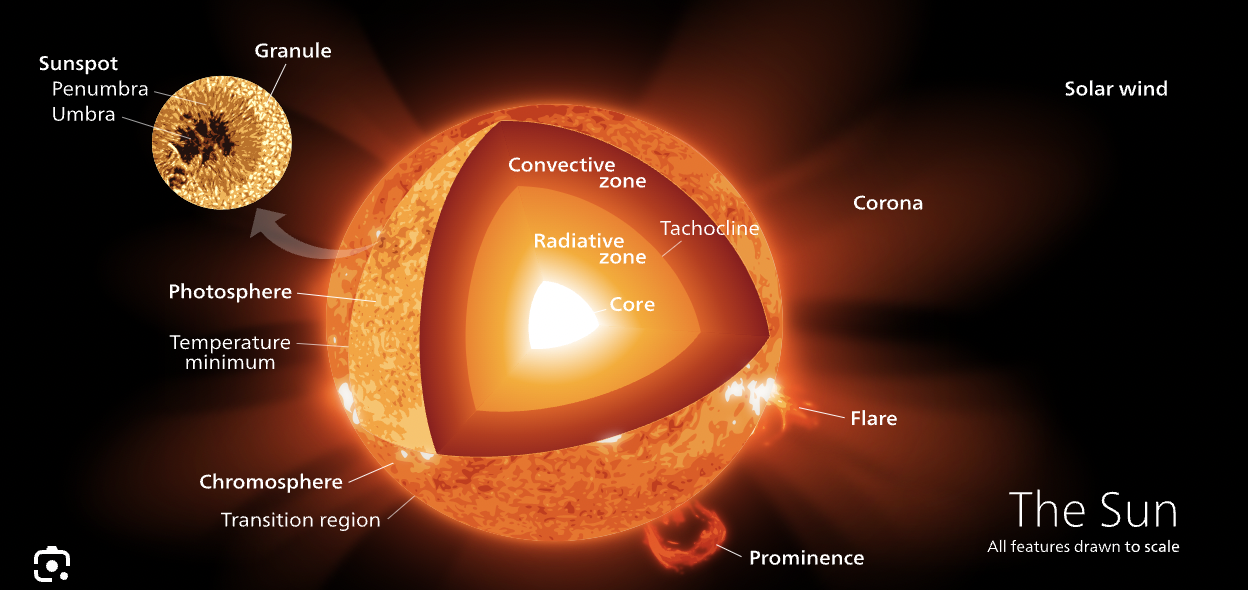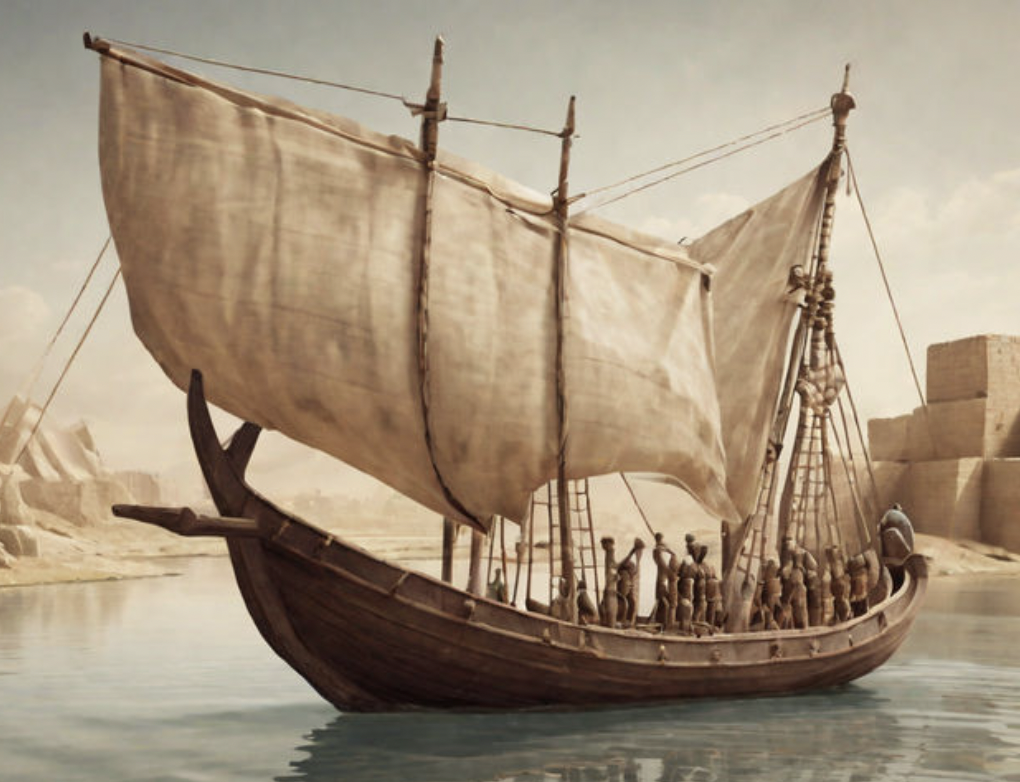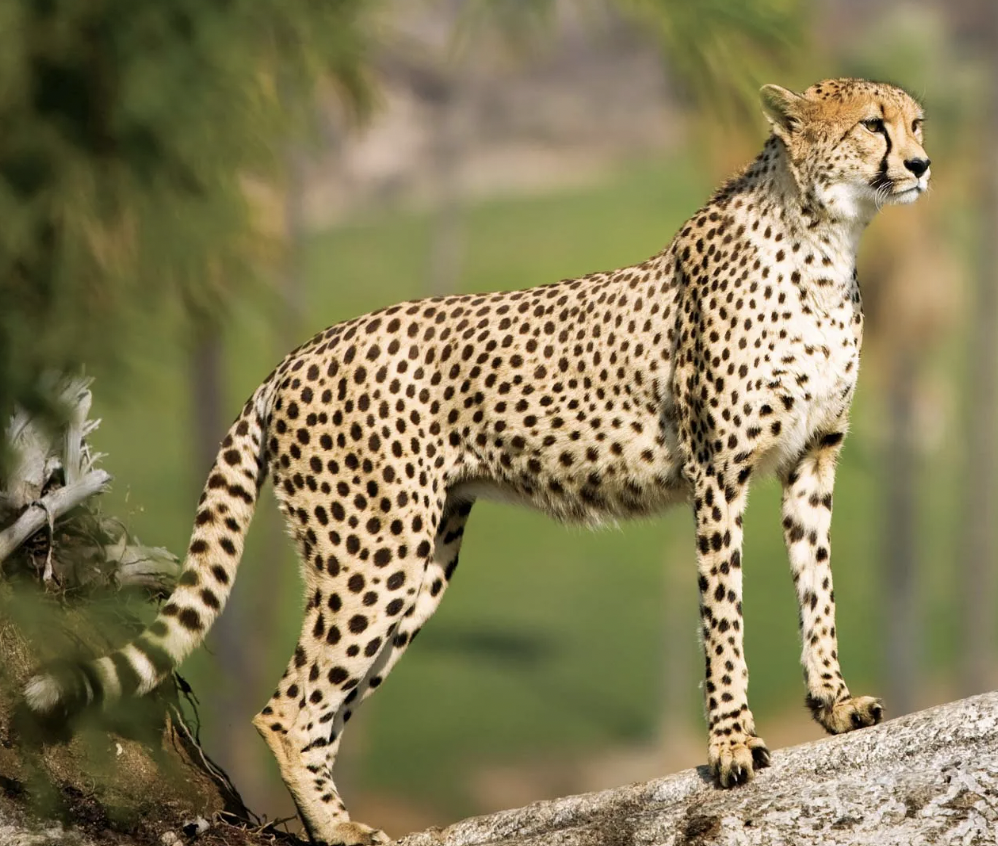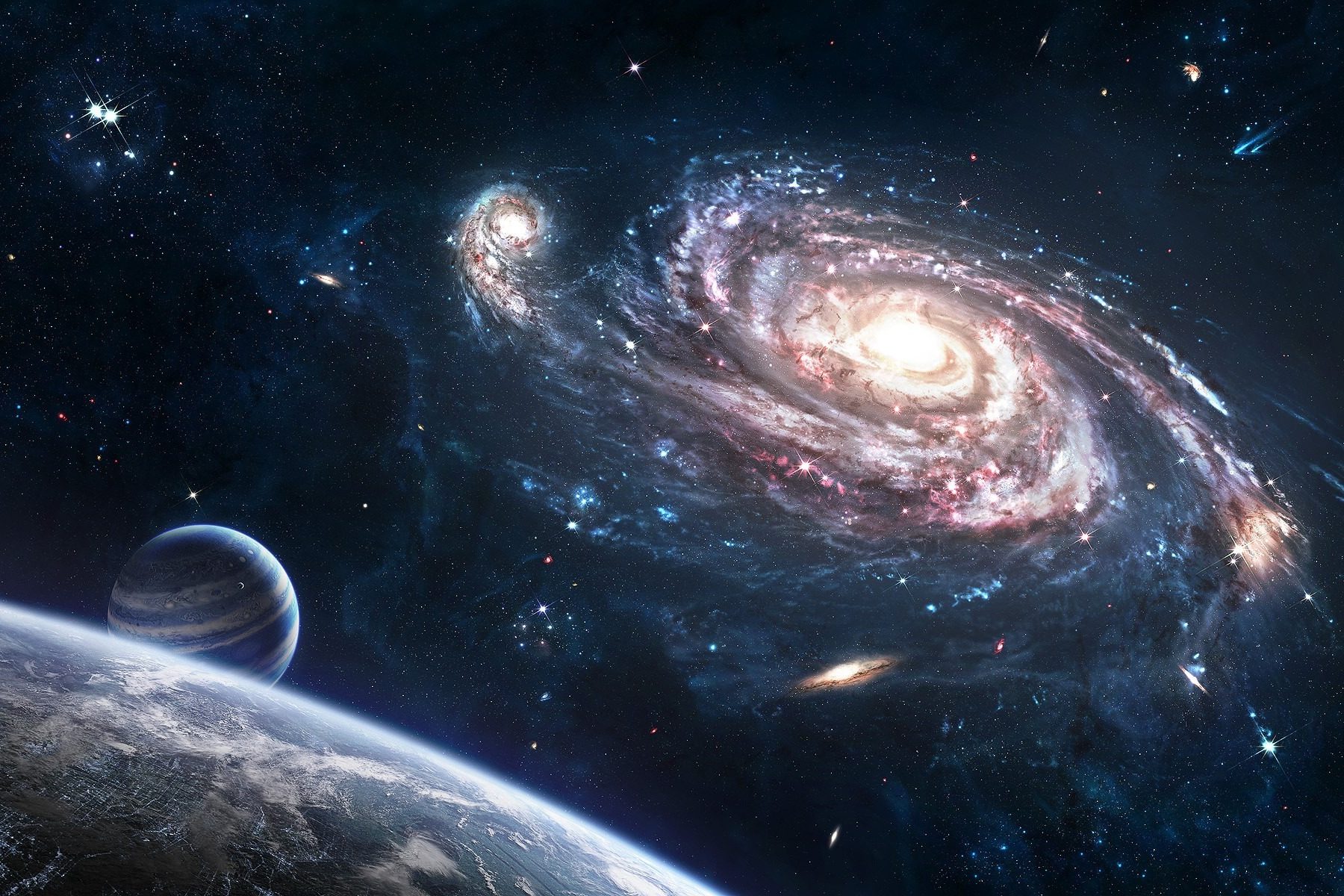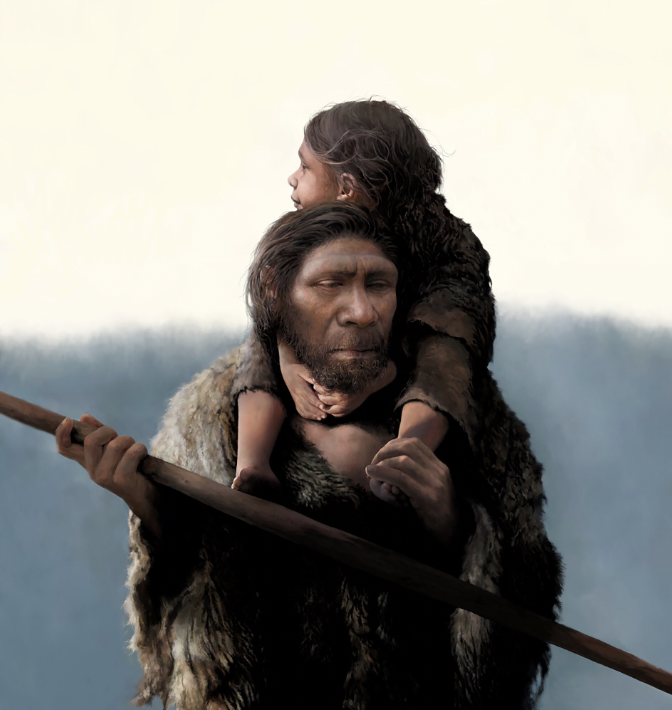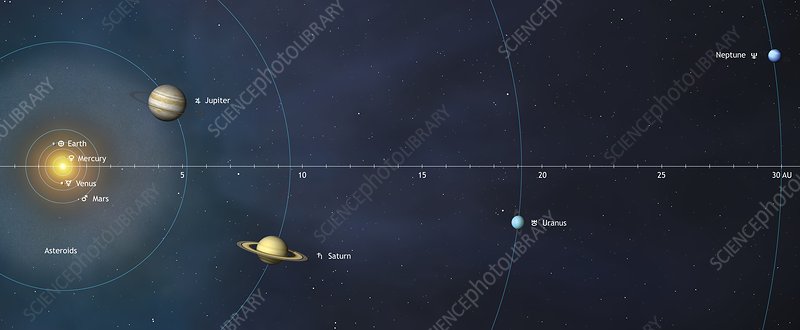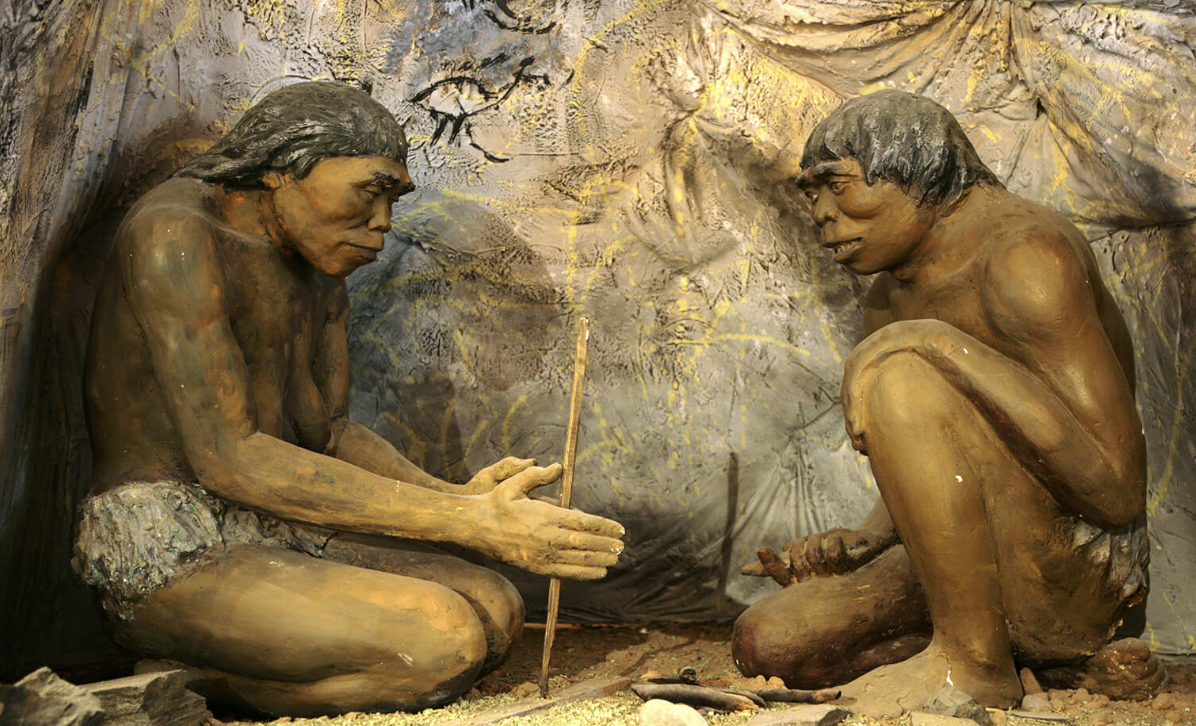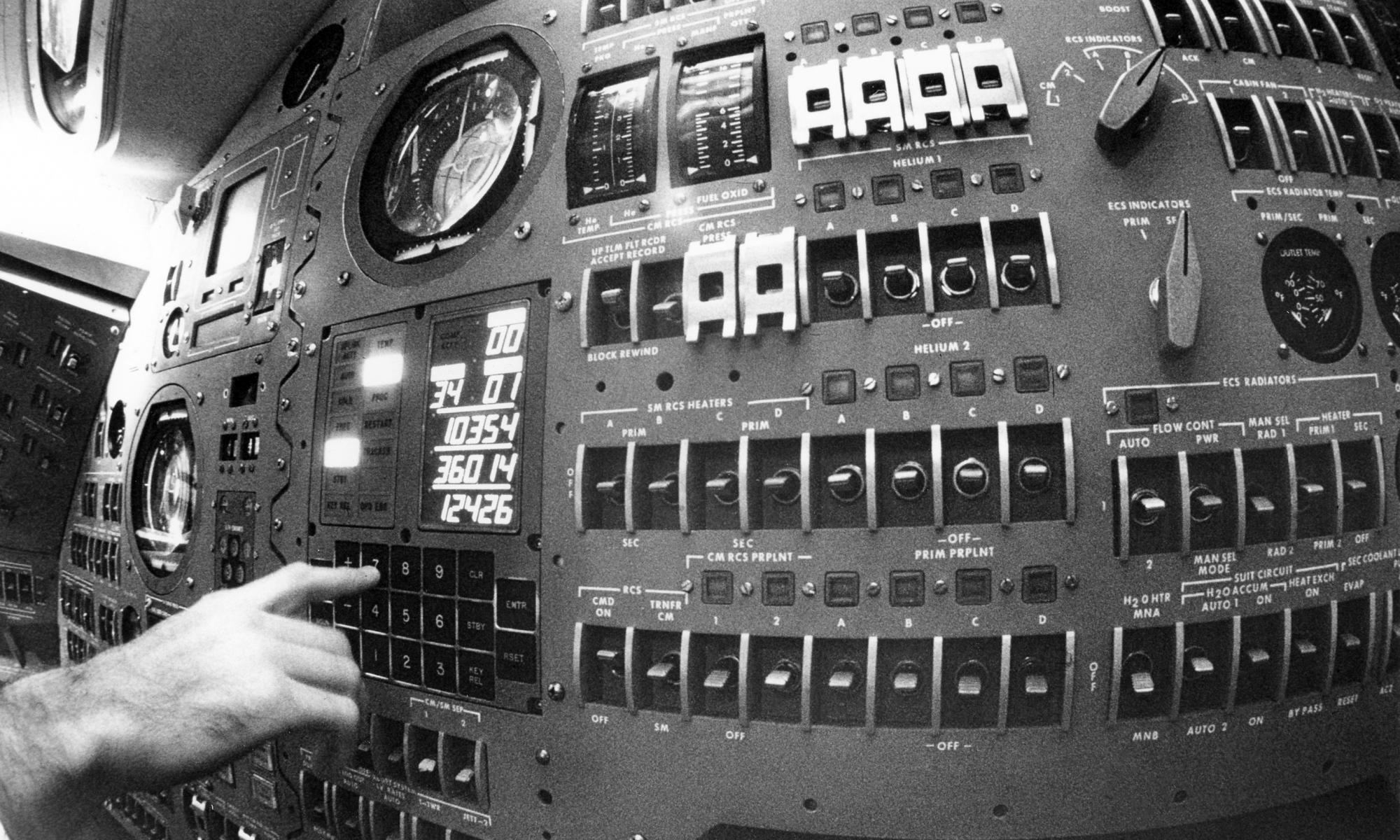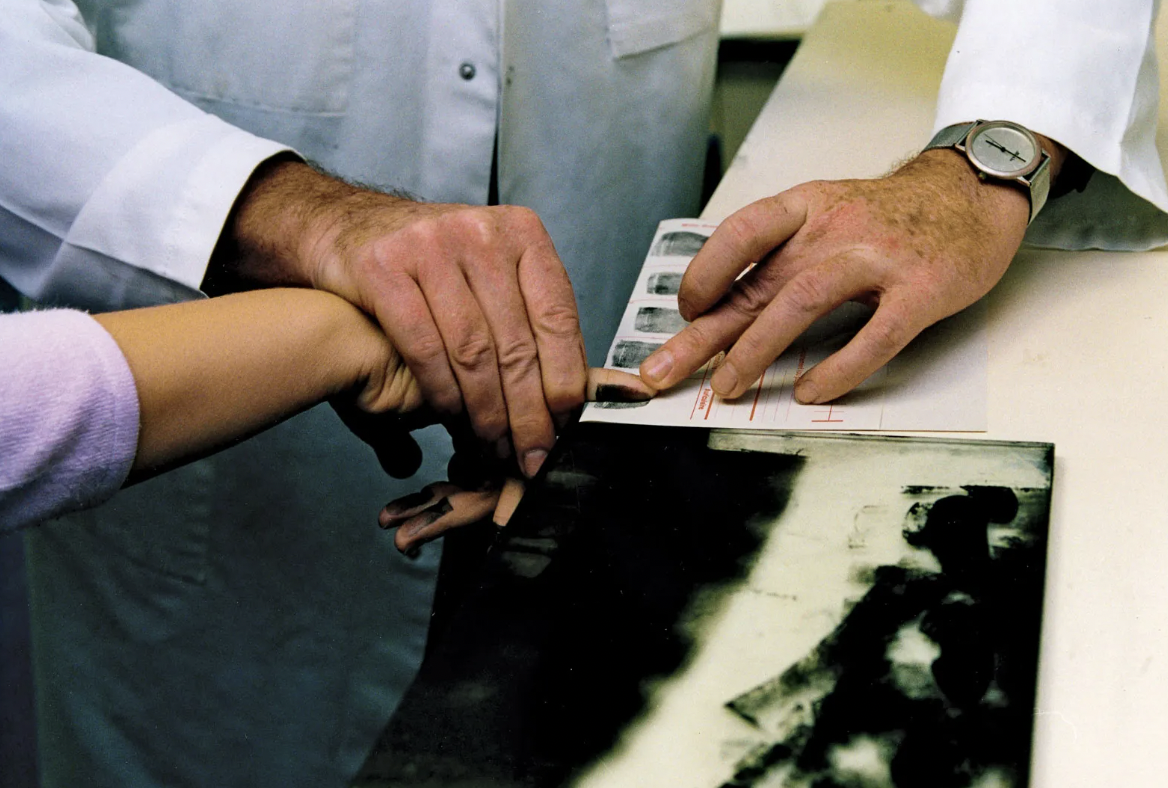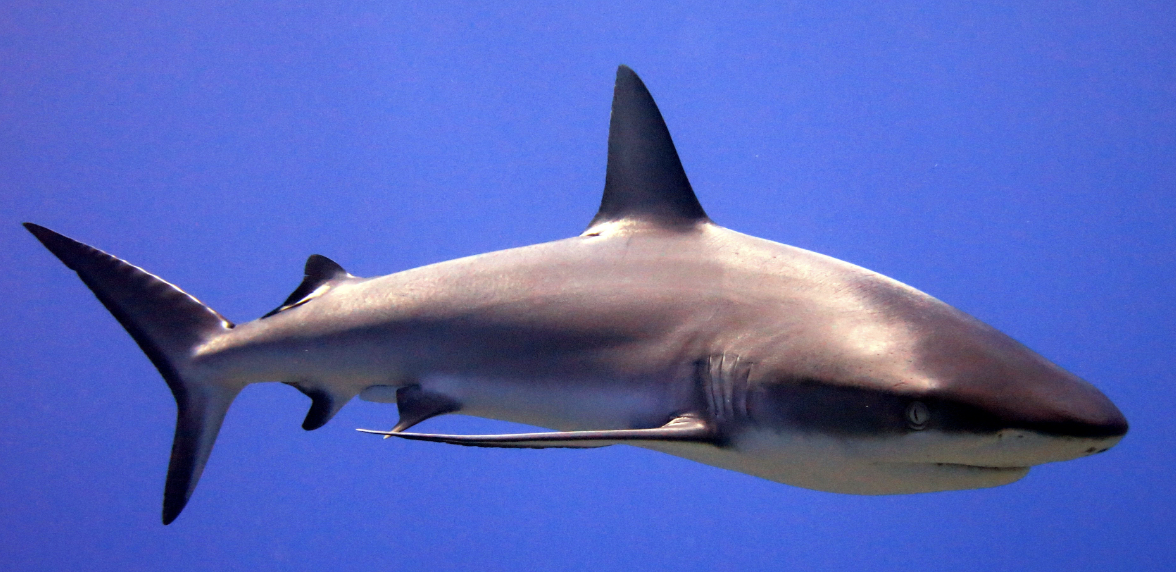Have you ever learned something that changes the way you think about things? It's a rare experience, but a transformative one. The facts in this gallery are designed to get you to see the world in a new way, and hopefully, there are a few you haven't read before.
Did you know that the ancient Egyptians built the Great Pyramid of Giza while woolly mammoths were still roaming the Earth? Ancient humans are so much more creative than we give them credit for, but seeing as they're just the same as us that's unsurprising. A group of early humans even sailed to Australia on their own, before any civilization had real means of sea travel. Those blokes must have been flat-out like a lizard drinking.
It's amazing early humans managed to survive at all. At one point there were only 10,000 of what we would describe as humans, and they coexisted and mated with Neanderthals and other early advanced primates. We could have turned out quite differently, and lots more hairy.
Check out those facts, and plenty of others about our marvelous world in this gallery of little-known things that can change how you see the world.
1
Benford's Law. How large datasets of numbers behave in very predictable ways. It's one of the easiest ways to detect if a company is cooking its books.
2
Wooly Mammoths still roamed when the pyramids were built.
3
All humans share 99.9% of the same Dna. The .1% is what makes us different.
4
Grizzly bears in Yellowstone eat around 300,000 moths a month and it accounts for 1/3 of their calorie intake.
5
Every element heavier than lithium had to be created in the core of a star. Every element heavier than iron had to be created by a supernova.
6
There are only about 25 blimps in the world.
7
Just how capable ancient humans were. At least 50,000 years ago humans crossed about 60 miles of open ocean and colonized Australia. The timeline for colonizing America has been consistently pushed back.
8
Most people instinctively do calculus in their head without knowing it. A person will Judge the rate of speed that a car is traveling, and apply just the right amount of pressure to the brake to arrest forward momentum without causing a jerking motion. This can be expressed mathematically, but most people do it without thinking just due to muscle memory.
9
Cheetahs aren't big cats. They are very large, small cats. They meow and purr like house cats.
10
A female turkey can lay an egg that doesn't need to be fertilized by a male turkey, and the baby that hatches will always be a male.
12
For tens of thousands of years modern humans coexisted with other ancient hominids, essentially but not quite the same as us but close enough to breed and produce viable, non-sterile offspring.
13
It took Humans less than 66 years from first discovering the flight, 1903, to landing a man on the moon, 1969.
14
Only 3% of the Earth's water is freshwater, and less than 1/3 of that isn't frozen.
15
If you stand on any planet or moon of the solar system and you look up, you'll see the same night sky as we see it from the Earth. Same constellations and all, that's how unfathomably far away the stars are compared to the planets.
16
At one point the human population was between 1,000 and 10,000. We came so close to going extinct.
17
The Apollo Guidance Computer, which landed men on the moon, had 64 kilobytes of memory and operated at 0.043MHz.
18
The use of fingerprinting can be traced back to China in the 700's for identification. It wasn't used for forensics until the 1800's.
19
San Juan, Puerto Rico should be named Puerto Rico, San Juan. It got mixed up by a map maker.
20
Sharks are older than trees.
21
Babies can die from lack of love, human touch, etc.
22
The energy stored in all the oil and gas in the Earth is the equivalent of just eight and a half days worth of sunlight hitting the surface of the planet.



